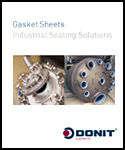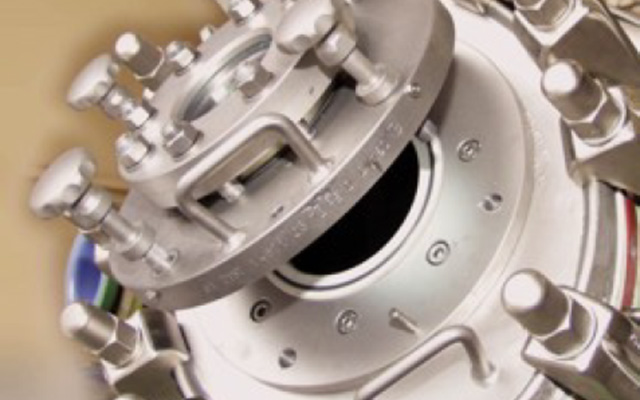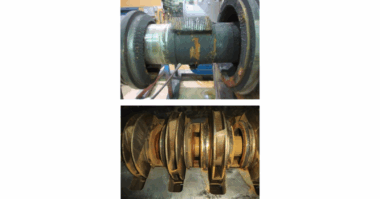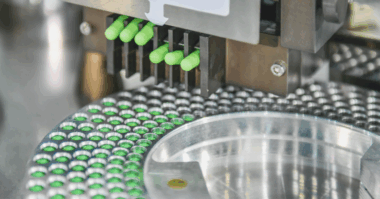Glass lined equipment is used in a variety of chemical processes, such as fine aggressive chemicals, pharmaceutical products, agricultural products, polymers as well as metallurgical products. Glass is commonly used as a liner in above industries where glass lining offers a high resistance against most chemicals and to corrosive mixtures.
Equipment with glass-lining can be found on vessels, reactors, agitators, columns, dryers, filters, pipe systems, valves and flanges.
Reasons why glass-lined equipment is being used:
- Corrosion resistance: Glass lined steel provides superior corrosion resistance against acids, alkalis and most other chemicals, except for hydrofluoric acid and hot concentrated phosphoric acid.
- Prevent Contamination: Some corrosive chemicals have the tendency to extract metals (copper, nickel, chromium molybdenum) from mild steel or alloy equipment. These products could leach into the end-product and cause contamination, however they could also trigger catalytic effects, creating unwanted reactions in the chemical process.
- Cleaning & sterilization: It provides a smooth, anti-stick surface which allows easy cleaning and sterilization. It’s imperative that between batches the process equipment must be thoroughly cleaned. The anti-stick surface will prevent product build-up.
- Economic benefit: When respecting good operational practice and proper maintenance procedures, mechanical damages and thermal shock to the glass lining can be
prevented, therefor glass-lined steel equipment can be cost effective compared to steel and alloy metals.
Sealing Glass Lined Equipment:
Production downtime cost can run up to a EUR 500.000 a day and even more. A gasket is considered a critical component – part of the integral flange assembly. The function of a gasket is to maintain a tight seal between two mating components to prevent leakage or emission from liquids or gases. An optimum stress on the gasket is required to maintain its tightness, the required clamping force however depends on the operating conditions such as pressure and temperature, the service media and the gasket type itself.
Premature gasket failure is commonly caused by:
- Insufficient bolt/clamp load to achieve sufficient gasket stress, this can be caused by incorrect bolt material selection, worn bolts, seized bolts/clamps, or insufficient lubrication of the threads and load bearing surfaces. More than 75% of gasket failures are attributed to insufficient bolt load!
- Excessive bolt load could lead to destruction of the gasket and mechanical damage of the glass liner.
- Improper shimming required to compensate the warping of the flange (especially larger flanges) resulting from the heating process during production, by means of synthetic resin.
- Misalignment of the gasket could lead to improper gasket load distribution or even gasket damage.
- Misalignment of mating flanges could lead to improper gasket load distribution or even gasket damage.
- Thermal shock caused by heating or cooling equipment too quickly.
- Incorrect gasket material.
 Download this whitepaper to learn how to avoid these gasket failures and discover a new solution for sealing glass-lined flanges.
Download this whitepaper to learn how to avoid these gasket failures and discover a new solution for sealing glass-lined flanges.




